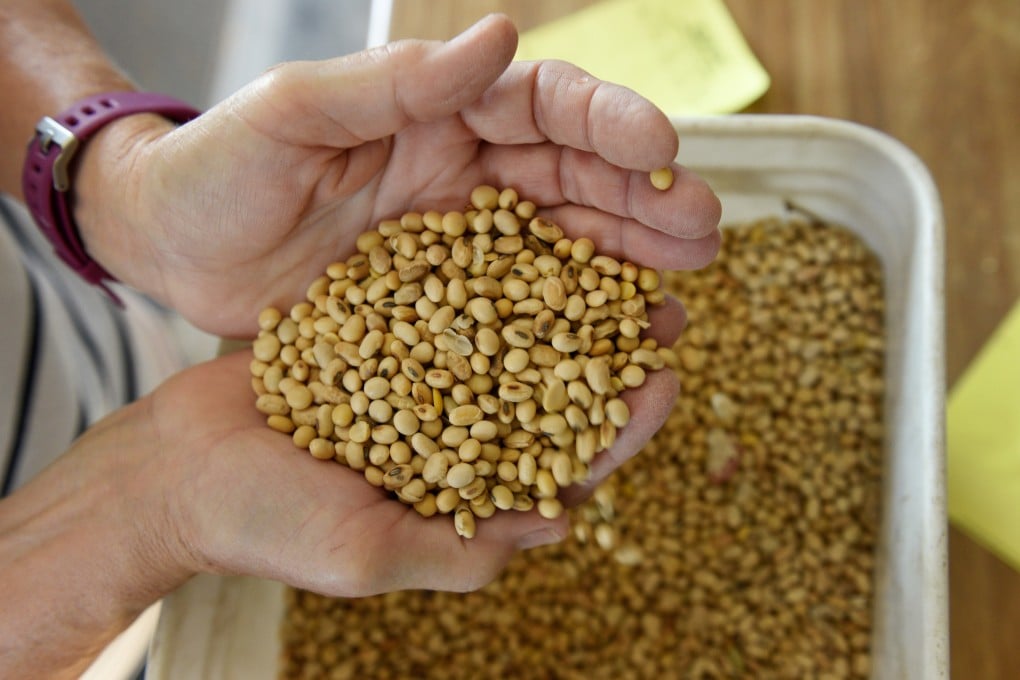China’s trade with US failed to meet phase one deal targets last year, and 2021 is not expected to yield more success
- Even bumper sales of soybeans, pork and beef, plus market access for a range of other products, could not get China close to purchase targets
- Analysts point to unrealistic goals in original deal with United States, and overall trade goals may continue to remain elusive in this year

China fell well short of meeting the lofty purchasing targets of its phase one trade deal with the United States in 2020, with analysts sceptical as to whether it will get any closer in the second year of the agreement.
In the first year of the deal, China fulfilled only 58 per cent of those targets, according to an analysis of Chinese customs data by the Peterson Institute of International Economics.
But the year was plagued by the coronavirus pandemic, which hit demand for crucial items such as Boeing planes – big orders that could have edged China closer to its goal. As it was, China reached 60 per cent of its US$77 billion purchasing target for manufactured goods, while energy shipments ran at just 39 per cent of the US$52 billion target.
Even bumper imports of soybeans, pork and beef could not bring China closer than 64 per cent of the US$32 billion agricultural purchase target – evidence to analysts that the original targets were largely unworkable.